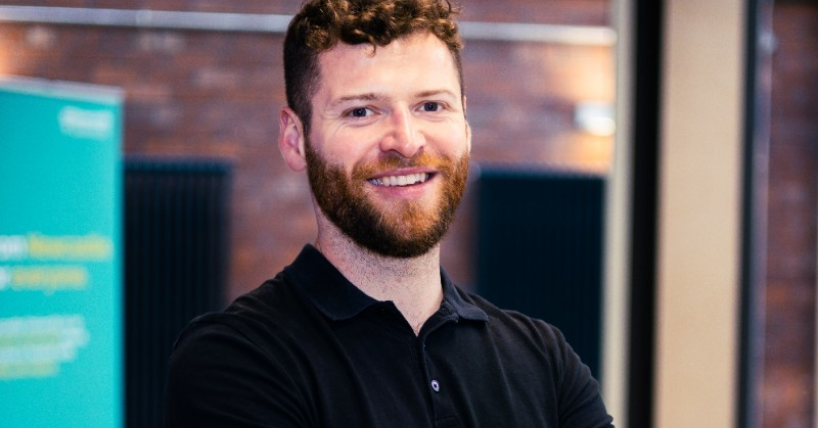
Contemporary Discussions on Masculinity
In recent years, public discourse around masculinity has intensified. Television dramas such as Adolescence and bestselling books like Caitlin Moran’s What About Men? have foregrounded the everyday challenges that men face in expressing emotion and navigating changing social expectations. Dr. Ollie Bell, a Newcastle University PhD graduate in Men’s Health, offers a grounded perspective on how these conversations shape both personal wellbeing and family life.
One of the key distinctions in the modern conversation is the separation between “masculine” behaviour and “toxic” masculinity. Traits commonly associated with the latter—such as aggression, misogyny, or a refusal to talk about vulnerability—can lead to health risks for both the individual and those around them. Conversely, constructive aspects of masculinity—competitiveness, risk‑taking, camaraderie when directed towards positive outcomes—can enhance resilience and social bonding.
Generational Shifts in Male Identity
From Stoicism to Self‑Expression
Historical archetypes of the male figure have varied considerably: the stoic breadwinner of mid‑century Britain rose to a parent who now openly shares affection. Dr. Bell notes that his own grandfather rarely expressed emotions, while his father grew up during a period when television and film began portraying men as more emotionally complex. This evolution paves the way for a new standard of masculinity that values openness and authenticity.
The Impact on Workplace Culture
Within corporate settings, the ‘password’ of “openness” has been unevenly awarded. Many men still fear being seen as weak, especially when mental health concerns could influence performance or even tenure. Dr. Bell’s research focuses on mitigating this fear by fostering psychological safety—an environment where speaking about emotions does not incur stigma or professional penalty.
Practical Strategies for Raising Emotionally Healthy Boys
Creating Safe Spaces for Dialogue
Dr. Bell advocates for intentional moments where children can discuss feelings without judging or trivialising them. Techniques such as the “emotion wheel”, pausing during heated moments to breathe, or using storybooks that revolve around adolescent emotional landscapes can cue boys to recognise and articulate their experiences.
Modeling Positive Behaviour
Parents play a decisive role in shaping how men perceive their identities. Examples include a father carrying a baby in a carrier—a simple act that normalises caregiving—or a holding coaching session where fathers can laugh at themselves. Dr. Bell cites a personal anecdote about a friend who juxtaposed a pink purse filled with beer as a gentle challenge to traditional gender roles, underscoring the importance of humour in redefining masculinity.
The Role of Community and Mental Health Literacy
Bridging Isolation through Shared Identity
Rapid cultural change often leaves some individuals behind, fostering isolation and a sense of detachment. Communities of men—whether beneficial or harmful—give people a sense of belonging. However, unhealthy groups can reinforce toxic stereotypes. For parents, understanding these dynamics is crucial to shield children from negative influences while still encouraging supportive networks.
Empowering Men to Speak Out
Challenges remain in encouraging men to communicate about mental health. Strategies that combine education, empathy training, and real-world examples can make the process less daunting. For instance, workplace mentorship programmes that pair employees with senior staff trained in psychological safety can provide practical models for vulnerability.
Conclusion: Defining Positive Masculinity Today
Dr. Bell’s observations are far from definitive research findings; they are meant to provoke reflection. He argues that a modern man is one who can blend empathy, allyship, and emotional articulation with resilience and courage. By setting a healthy precedent at home and in the workplace, men can actively shape a more inclusive and supportive society.
Explore Newcastle University alumni resources to learn how we support graduates in continuing their research and leadership in men’s health: Newcastle Alumni Program.
Apply for a postgraduate scholarship and advance your career in health and wellbeing: Scholarship Opportunities.
Schedule a free alumni mentorship session to discuss how you can contribute to the next generation of leaders: Mentorship Details.
Join the alumni network on LinkedIn to stay connected with peers and experts: LinkedIn Alumni Group.

